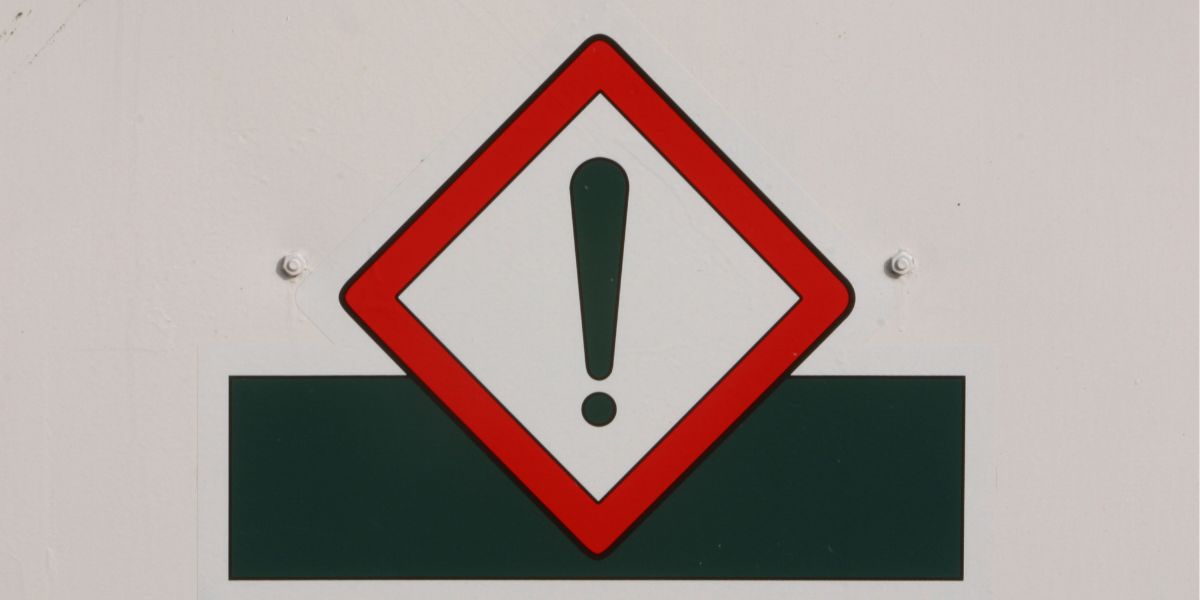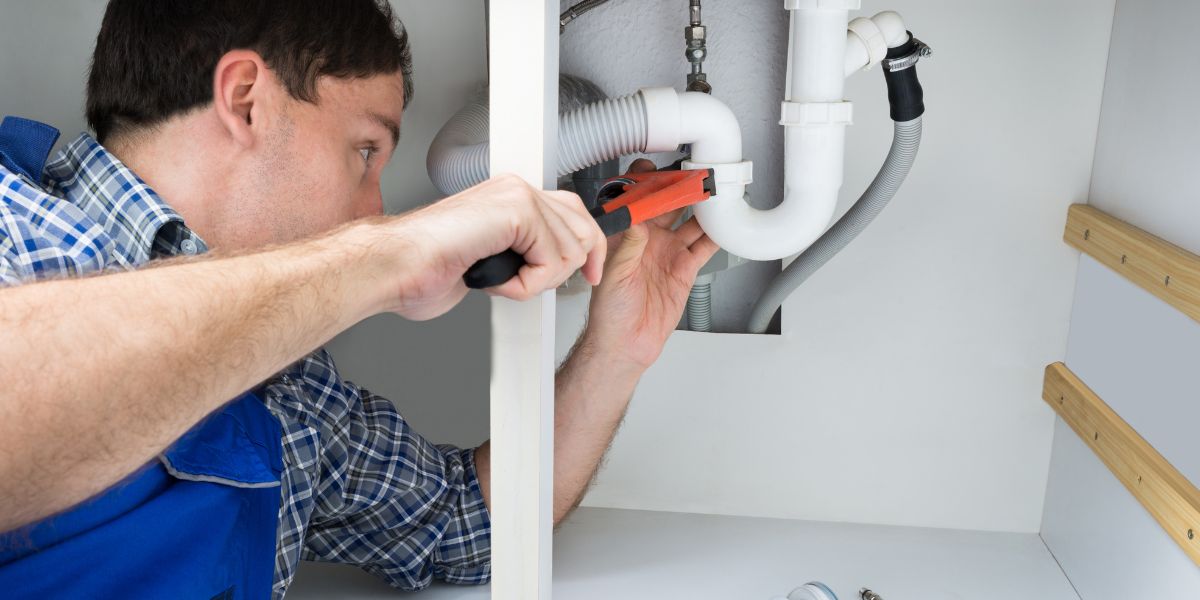We’ve all experienced those moments where we hear toilet hissing sound. It’s not the most pleasant sound, and it can leave you wondering what is causing it. Well, fear not! That hissing sound from your toilet is not a ghostly whisper or a mysterious phenomenon.
If your toilet is making a hissing sound, it’s usually a sign that something isn’t quite right within your toilet’s mechanisms. Let’s dive into some common reasons behind why your toilet makes a hissing sound, and how to fix this yourself.
Table of Contents
Faulty Flush Valve
One of the primary culprits behind a hissing sound when the toilet is flushed is a faulty flush valve. The flush valve is a crucial component that controls the release of water from the toilet tank into the bowl during a flush.
If the flush valve isn’t functioning correctly, it can lead to a continuous hissing noise. This sound is a result of water constantly seeping into the bowl due to a poor seal. It’s like your toilet’s way of letting you know that it’s wasting water and energy.
Problem With Refill Valve Can Cause Hissing Toilet
A malfunctioning fill valve is another common source of the hissing symphony in your bathroom. The fill valve, also known as the refill valve, is responsible for refilling the toilet tank with water after each flush.
If the fill valve doesn’t shut off properly after refilling the tank, it can lead to a constant flow of water into the tank. This excess water flow creates that unmistakable hissing sound, and if left unattended, it could lead to higher water bills and water wastage. This sound means that the refill valve, intended to stop the flow once the tank is full, isn’t performing its duty effectively.
The Toilet Tank May Have Cracks That Causes Hissing Sounds
Sometimes, when a toilet makes a hissing sound, it might indicate something more serious. A cracked toilet tank can also contribute to the hissing orchestra. Water can leak out when the tank has cracks or fractures, causing a continuous flow of water to refill the tank.
This constant water flow results in a persistent hissing sound. If you suspect a crack in your toilet tank, be sure to address the issue promptly to prevent water damage and further leaks.
If you have a two piece toilet and need to replace the tank, our guide will help.
Toilet Hissing Sound Due to Malfunctioning Septic Tank
While less common, a toilet hissing sound could also be linked to issues with your septic system. If your septic tank is malfunctioning or becoming overwhelmed, it might cause air to be trapped in the pipes, and even impact the water flow from the tank.
This trapped air can create strange noises, including hissing sounds, as it moves through your plumbing system. If you suspect that the source of the hissing is deeper within your plumbing, it’s advisable to call a professional plumber to assess the situation.
Toilet Noise May Be From Pipes
Another cause of toilet hissing sound randomly might not be directly related to your toilet, but could be coming from the pipes connected to it. Water pressure fluctuations or air pockets within the pipes can lead to strange noises, including hissing.
If you hear the hissing sound coming from the pipes whenever you use water fixtures, it might be worth investigating your plumbing system for any issues.
Is Hissing Sound Coming From Toilet Dangerous?

Now that we’ve unraveled the mystery of the hissing toilet, you might be wondering whether this issue poses any risks. In most cases, a hissing toilet isn’t dangerous per se, but it’s a symptom of an underlying problem that needs attention. Ignoring the hissing sound means you’re also ignoring potential water wastage, which could lead in running up your water bill along with the possibility of worsening plumbing issues.
How Can I Stop the Hissing Sound Coming From My Toilet? (DIY or Call a Plumber)
Fear not, my fellow homeowners! The hissing toilet dilemma can usually be resolved with a bit of know-how and perhaps a touch of DIY enthusiasm. There are many parts of a toilet and any of these can easily be the cause of your toilet hissing. The most common way you can put an end to the hissing serenade is by:
- Adjusting the water supply to the toilet
- Checking the water line
- Considering whether to take on the task yourself or call a professional plumber for assistance
However, doing the following can also help:
Install a New Flush Valve
If your flush valve is the culprit, replacing it can put an end to the hissing symphony. Turn off the water supply to your toilet, flush the toilet to drain the tank, and carefully follow the instructions to install a new flush valve. This should help create a proper seal and stop the constant flow of water, ensuring the flush valve controls how much water is released each time the toilet is flushed. By addressing this issue, you can effectively silence the persistent hiss that has been echoing in your bathroom and restore peace to your porcelain sanctuary.
Install a New Fill Valve
Similarly, installing a new one can save the day if the fill valve is acting up. Turn off the water supply, drain the tank by flushing the toilet, and follow the manufacturer’s instructions to replace the fill valve at the bottom. This should prevent excess water from flowing into the tank and causing the hissing sound that has been causing your ears to twitch every time you step into the bathroom.
Fix Toilet Tank Cracks
In the case of a cracked toilet tank, you might need to replace the tank altogether. However, if the crack is minor and repairable, using a tank repair kit can help seal it. Make sure to follow the instructions carefully and allow the repair to set properly.
If the cracks are severe, you’ll have to replace the entire tank to prevent ongoing leaks and the persistent hissing sound. While it might sound daunting, many hardware stores offer toilet tank replacement kits with all the necessary components and instructions for a smooth installation process.
Fixing Damaged, Corroded or Loose Pipes
If the hissing sound is due to issues with pipes, it’s best to leave the job to a professional plumber. Damaged, corroded, or loose pipes can lead to various plumbing problems beyond just the hissing sound. Water or air can maneuver through these compromised conduits, causing not only the persistent hiss but potentially more complex issues throughout your plumbing system. A plumber will diagnose the issue and ensure proper repairs are made.
Call a Professional Plumber to Check the Septic Tank

If you suspect your septic system is involved in the hissing saga, don’t hesitate to call the pros. A professional plumber can assess your septic system’s health and make any necessary repairs or adjustments to resolve the issue. Hissing could mean a leak inside your septic tank, and a trained plumber will be able to pinpoint the source of the hiss and address it before it evolves into a more significant concern.
Frequently Asked Questions
What are the Different Types of Toilet Hissing?
At times, toilets produce unusual sounds such as gurgles, screams, and hisses.
This kind of toilet noise can originate from various sources, including faulty flush valves, malfunctioning fill valves, cracked toilet tanks, issues with pipes, and even septic system problems. Depending on the root cause, the sound could be associated with issues like the tank will start to leak due to cracks, a faulty flush valve that leads to a hissing noise each time you flush your toilet, or even a malfunctioning fill valve causing the toilet tank to immediately refill with water after flushing. In some cases, the hissing might be related to a compromised pipe to the toilet, allowing air or water to escape and create unusual sounds.
Is Toilet Whistling A Major Problem?
Toilet whistling or hissing isn’t necessarily a major problem on its own, but it’s an indication of an underlying issue that should be addressed to prevent water wastage and potential plumbing complications. Monitoring the water level in your toilet tank can provide insights into the severity of the issue. If the water level looks abnormal or constantly fluctuates, it’s a clear sign that further investigation is needed to ensure the efficient operation of your toilet. Ignoring the sound can lead to more significant problems over time, making it essential to address the issue sooner rather than later to prevent more extensive and costly repairs.
Is a Hissing Toilet Wasting Water?
Yes, a hissing toilet is wasting water. The continuous flow of water caused by the underlying issue can lead to higher water bills and unnecessary water wastage. A bit of water might escape from the tank with each hiss, and over time, this seemingly small leak can add up to gallons of wasted water.
Is a Hissing Toilet an Emergency?
A hissing toilet isn’t typically an emergency, but it’s a sign that action should be taken. Ignoring the issue can lead to increased water bills and potential damage to your plumbing system over time. You need to fix a hissing toilet sooner rather than later to prevent the issue from worsening and causing more extensive and costly repairs.
What to Do When Hissing Continues?
If the hissing sound persists every time you flush, there are several ways to fix the issue, especially if you suspect that water pressure is too high. One of the most effective ways to tackle this issue is by adjusting the water pressure at the inlet water valve. If the pressure is too high, it can contribute to the hissing sound by forcing water through the system too forcefully. You can also explore ways to fix the issue by checking for any loose connections in the water supply line or the fill valve.
Conclusion
So, there you have it! That hissing coming from your toilet doesn’t have to be a source of frustration or confusion anymore. By understanding the potential causes and taking the right steps to fix them, you can put an end to the hissing symphony and enjoy a peaceful and functioning bathroom.
Remember, a hissing toilet might seem harmless, but it’s a clue that something in your plumbing system needs attention. Taking action promptly not only saves you from water wastage and higher bills but also prevents more significant plumbing issues down the line.
